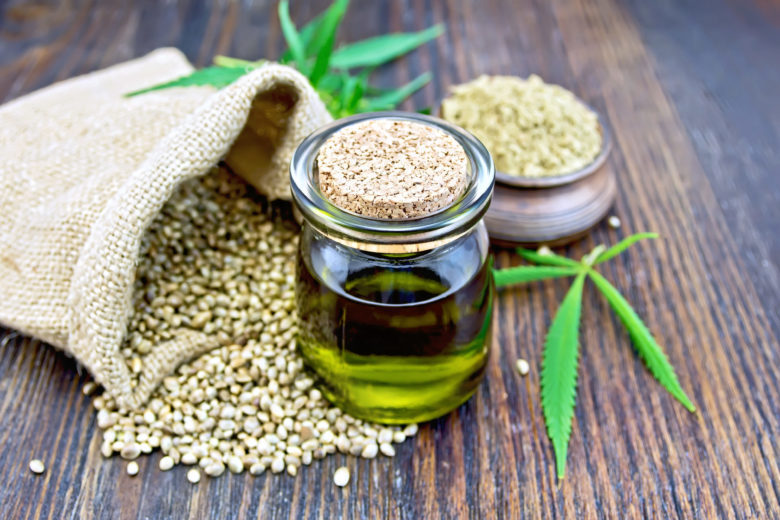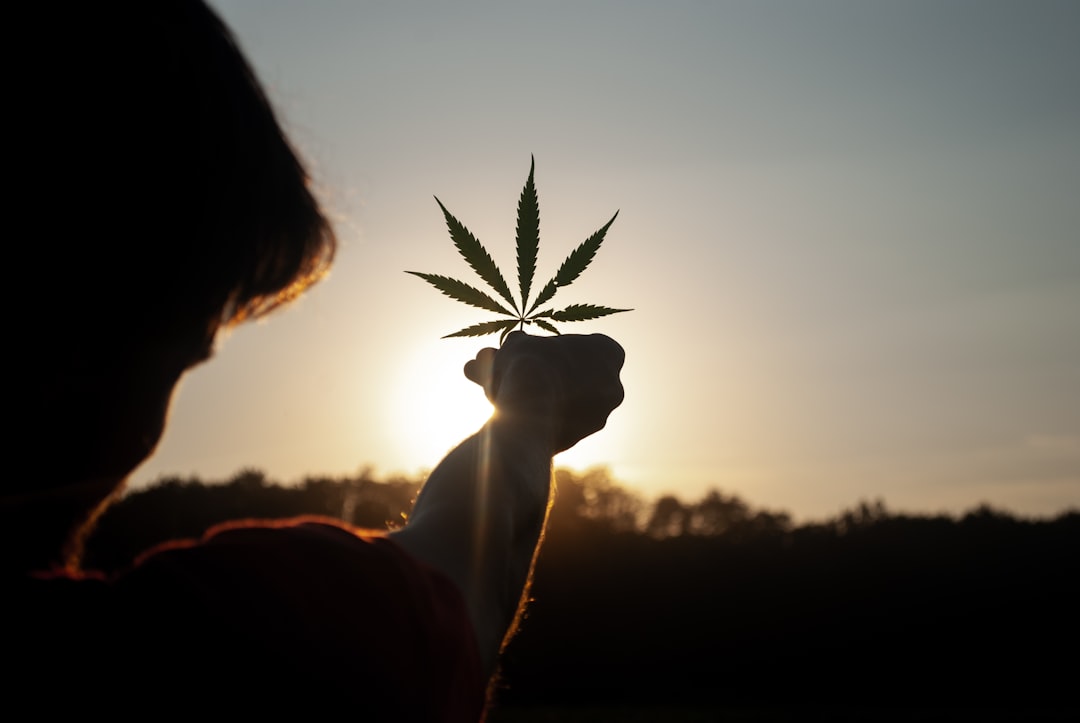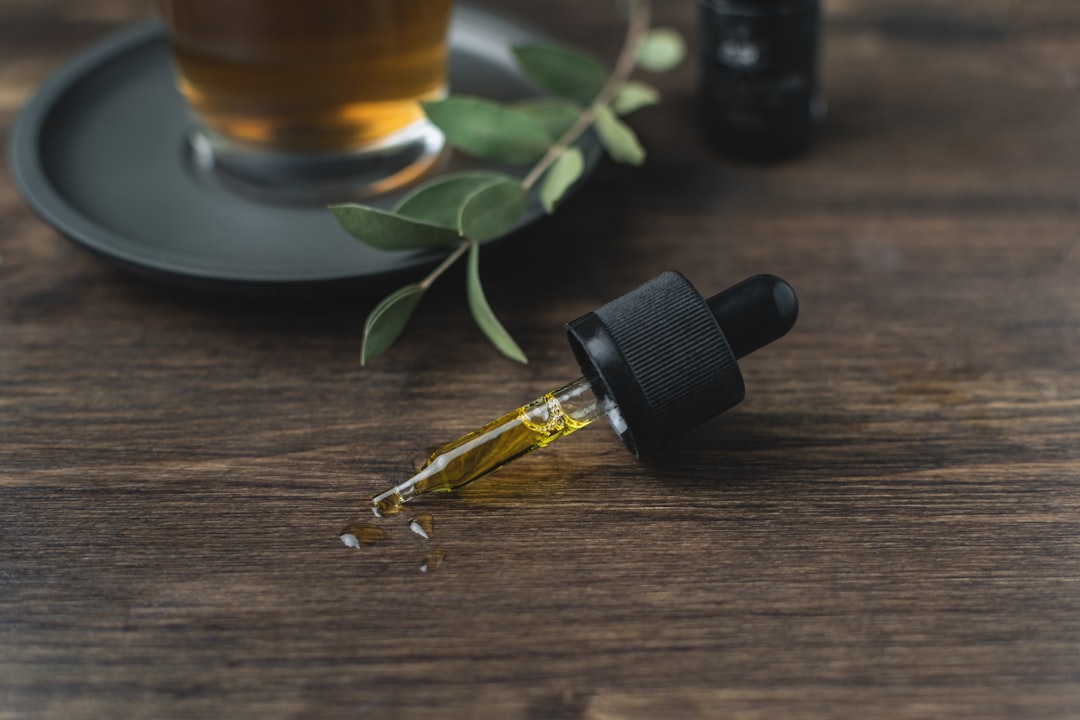
An Overview of Hemp and Its Uses
There are few plants that are more versatile than hemp, and it makes sense that it has an important place both in the ancient and modern world. The fact that it is also one of the fastest-growing plants makes it even more useful. It originated in Central Asia and has since become a staple all over the world. You can find hemp today in a number of products that you probably use on a regular basis, even if you don’t know it. If you’re interested in learning more about this fascinating fiber, keep reading for an overview of hemp and its uses.
What is hemp, and how can it be used?

The history of the hemp plant is long and storied, and there are entire books written about its various uses throughout history. Hemp in and of itself is a botanical class of cannabis that is typically grown for industrial or medicinal use. It was first spun into fiber over 50,000 years ago and is still used to make a range of products including rope, textiles, clothing, shoes, food, paper, bioplastics, insulation, and biofuel. Despite all of these uses, it has become more famous in recent years for its popularity and widespread use within the wellness space.
There are also several hemp plant extracts that have become popular with cannabis users and in the wellness industry, like delta 8 gummies 100mg. Cannabinoids like delta-8 THC, cannabidiol (CBD), and cannabinol (CBN), all of which can be derived from hemp, are used for a variety of reasons. Many describe their effects as relaxing or useful to unwinding at the end of a long day. Though research is needed to learn more about their potential, consumers have already responded enthusiastically to their appearance on the market.
If you plan to experiment with hemp-based cannabis products, you should check with your health care provider first. They can explain how cannabis products like CBD and delta-8 THC can impact any health conditions you have or interact with prescription medications you’re currently taking.
What is the legality of hemp products in the United States?

The legality of hemp products depends entirely on what compounds they contain. The 2018 Farm Bill legalized the sale of hemp and hemp extract on a federal level in the United States, as long as products don’t contain more than 0.3 percent delta-9 THC. This provision is what has allowed for the creation and growth of the market for delta-8 THC. However, some states have taken steps to ban the use of delta-8 products, so you should make sure your state allows you to use them before you buy them for yourself.
These hemp products fall under a different legal category than marijuana products. THC-laden marijuana is still considered to be a controlled substance by the federal government, which means you’ll need to follow your state’s laws regarding purchasing and using marijuana. Currently, there are 36 states that have some form of medical marijuana program, while 18 allow recreational use. Keep in mind that medical programs can vary significantly in terms of their restrictiveness, so you should make sure you understand what products are allowed in your area.
There’s a lot to learn about hemp, and you could spend months learning all there is to currently know about it. Given how many uses hemp has and how many products rely on its use, it’s unlikely that its popularity will fade anytime soon. Though traditionally its primary function has been as an ingredient in commercial items like fabric and textiles, cannabinoids that can be extracted from hemp have become popular with many people who like cannabis products. It remains to be seen what the future looks like, but it seems certain that hemp will be a part of it.
